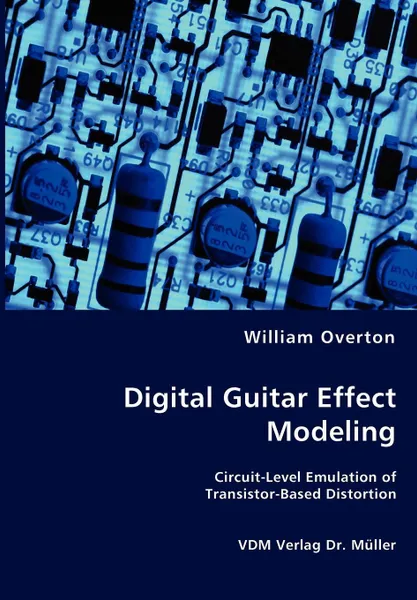Digital Guitar Effect Modeling 12+
Автор: William Overton
2008
80 страниц
Категория: Научная литература
ISBN: 9783836461948
Язык: Английский
📓 Musicians have long been intentionally distorting guitar signals to create a wide variety of tones. Electronics were designed to produce these effects, perhaps none more popular than the Fuzz Face. The Fuzz Face is well known as being the effect of choice for 60s rock musician James Marshall "Jimi" Hendrix, and is still used by musicians today. However, modern day musicians have found that these devices vary greatly from unit to unit and cannot easily be modified.This book explores the possibility of using circuit-level emulation to recreate the sound of the Fuzz Face digitally and allow for easy modification of the circuit. The theoretical operation of the circuit is analyzed, and mathematical models are used to create a digital model which should operate similarly to its analog counterpart. The analysis should provide insight into methods for creating digital models of guitar effects, especially those using transistor-based circuits. This work should be of interest to professionals developing digital signal processing techniques for audio or anyone interested in the emulation of guitar or audio effects.
Мнения
